
CULTURAL PROGRAMME
✿ Cultural programme on Wednesday starting at 17:30, there will be an introduction of an interactive artistic website https://borgesart.weebly.com/ dedicated to Borges’s imaginary beings and their illustrations. You are very welcome to attend and get your own creative juices flowing, too!
✿ Cultural programme on Thursday starting 17:30 – transmedial education with a focus of discussion on Sarnet’s “November” (see below).
✿ Film programme available until 14 December on Vimeo (see below).
FILM PROGRAMME
As part of our cultural programme we have organised a virtual cinema with a selection of Estonian films – and in the spirit of our conference we have chosen adaptations, of course.
The films are available in Vimeo until 14th of December 2020. So you can watch them anytime within the next two weeks.
NOVEMBER (Rainer Sarnet, 2017)
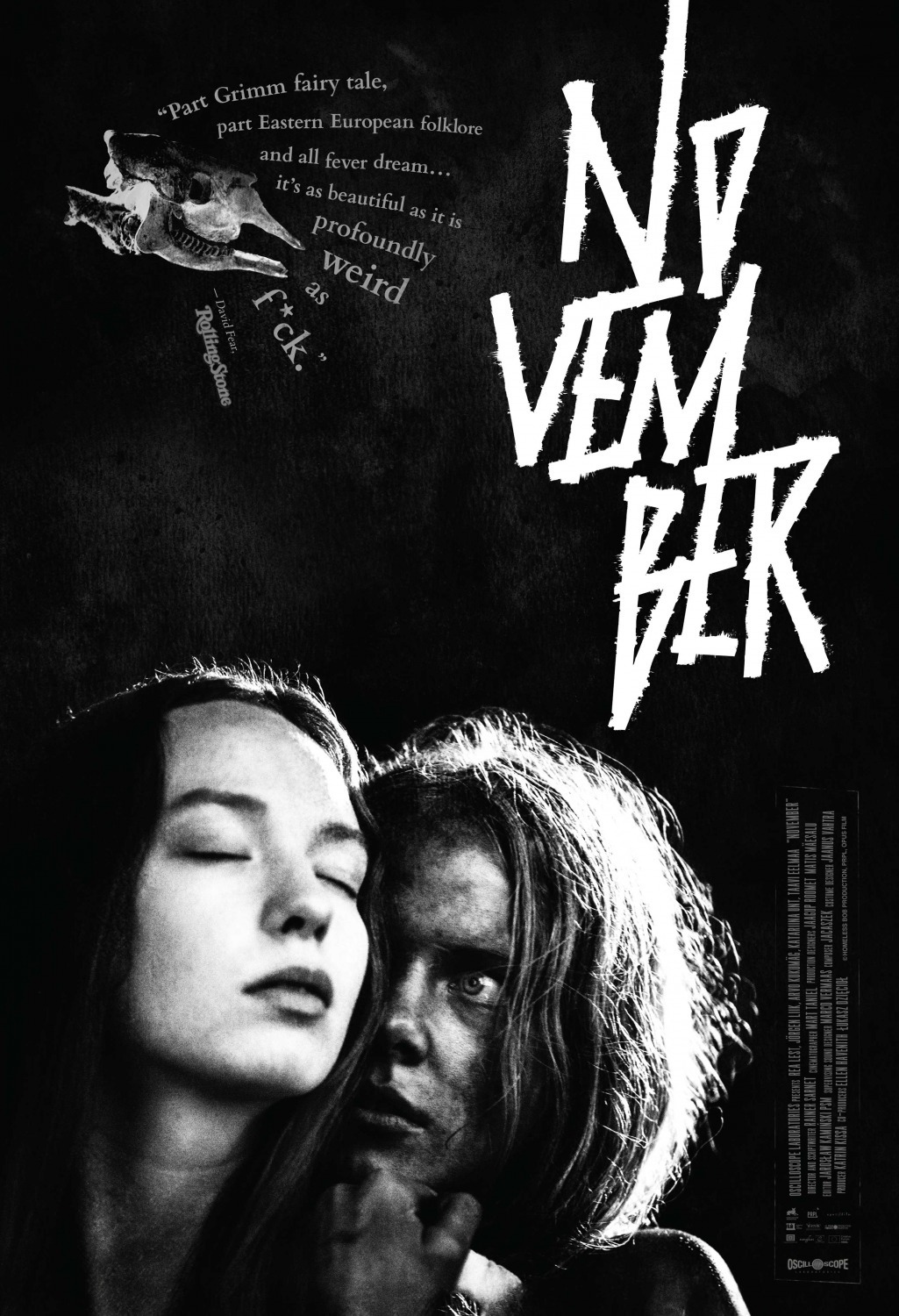

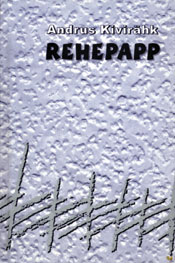
“November” is based on Estonian novel “Rehepapp” by Andrus Kivirähk (2000), a bestseller of the last twenty years. The film is a mixture of magic, black humor and romantic love. In a poor Estonian village, a group of peasants use magic and folk remedies to survive the winter, and a young woman tries to get a young man to love her.
The film was nominated as an Estonian candidate for Foreign Film Oscar and has also won several awards for camera work and set design.
The book has been translated into Finnish (Riihiukko eli Marraskuu; 2002), Norwegian (Trollskap i november; 2004), Hungarian (Ördöngös idők; 2004), Latvian (Rijkuris jeb Novembris; 2009), Russian (Ноябрь, или Гуменщик; 2009) and French (Les Groseilles de novembre; 2014). It has also been adapted to stage several times.
On Thursday’s cultural program at 17:30 there will be a discussion on the film November.
NIPERNAADI (Kaljo Kiisk, 1983)
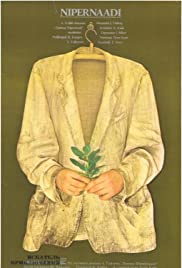
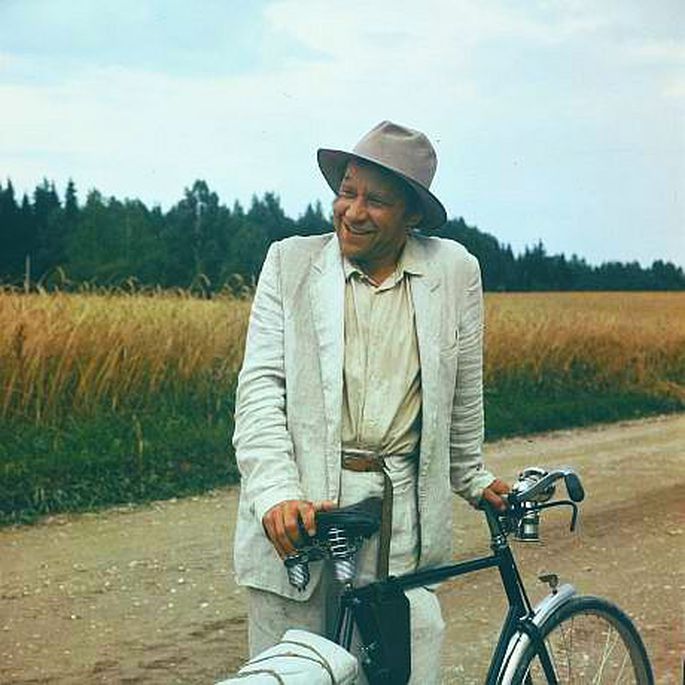
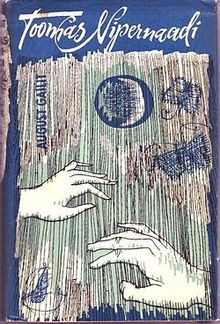
The movie is based on a novel (series of short stories) by August Gailit (1928). The story is about an Estonian Don Juan – Toomas Nipernaadi –, who actually is a writer, who leaves home in spring to stroll around Estonia and is brought home again in autumn.
The book has been translated into German (Nippernaht und die Jahreszeiten, 1931), Flemish (1932), Czech (1935), Latvian (1942), Finnish (1942), French(1946), leedu (1971) and Polish (1986 or 1987). Filming rights of the novel were also bought by (unknown) German filmmakers and the filming was supposed to begin in 1932, but it seems it did not happen.
The novel has also been adapted on stage numerous times.
DEAD MOUNTAINEER’S HOTEL (Hukkunud Alpinisti hotell, Grigori Kromanov, 1979)
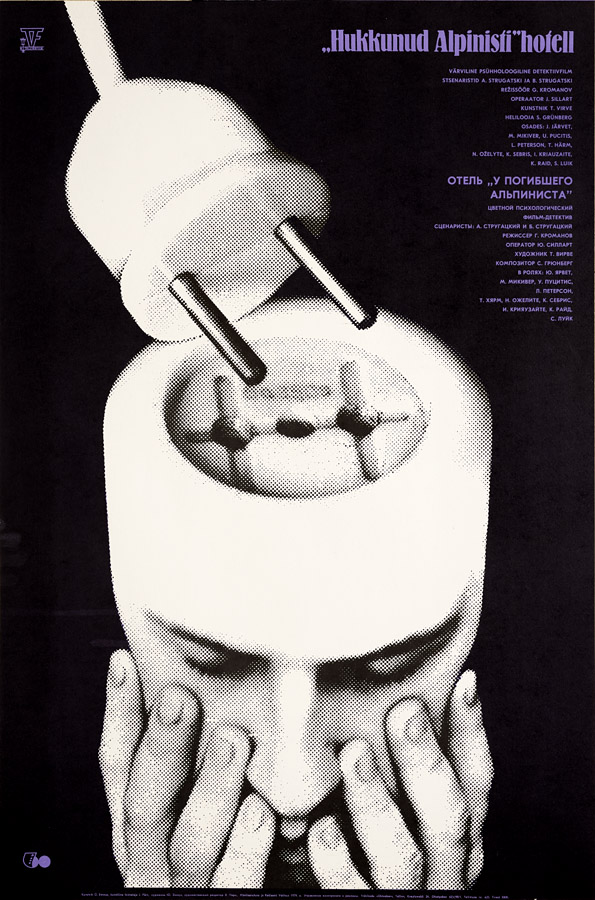
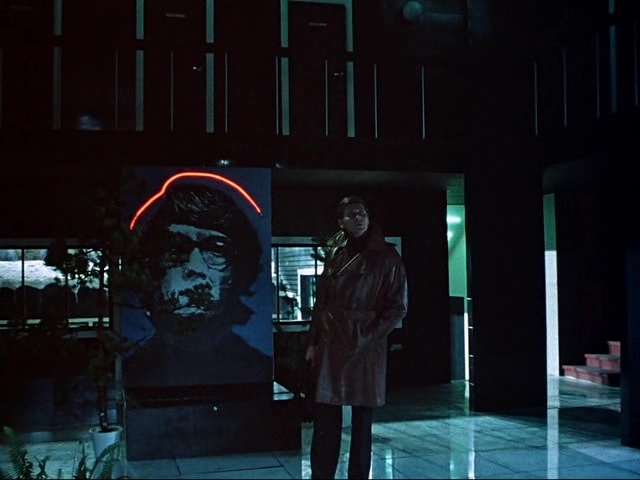
Science-fiction film based on the 1970 novel Dead Mountaineer’s Hotel by Arkady and Boris Strugatsky, who also wrote the screenplay. Police gets a call-out to a lonely hotel in the Alps. When an officer gets to the hotel everything seems to be alright. Suddenly an avalanche cuts them out from the rest of the world and strange things are going to happen.
The novel was originally published in 1970 in Russian, under the title Отель «У Погибшего Альпиниста». The book has been translated into English (The Dead Mountaineer’s Inn, 2015 and Inspector Glebsky’s Puzzle, 1988). It has also been staged as radio theatre (2007) and adapted as a video game in 2009.
BREAKFAST ON THE GRASS (Eine murul, Priit Pärn, 1987)
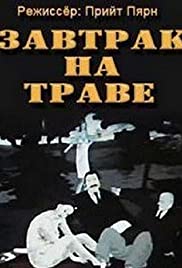
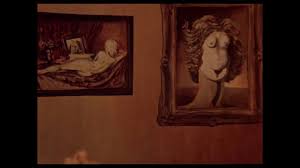
In a colorless, totalitarian society, where the basic necessities are scarce, 4 individuals use what they can to fulfill their artistic objective.
Priit Pärn’s films attracted attention with their naïve drawing style and controversy for a perspective on life behind the ‘iron curtain’ that would have been considered dangerously subversive a decade previously. Pärn managed to sidestep both the Disney-style kiddie cuteness previously prescribed by the government controlled Soyuzmultfilm studio and the dull preaching of a lot of his contemporaries’ ‘serious’ political animation. Along with the gritty social commentary, his films are also characterised by bizarre, surreal and ironic humour. (source)


